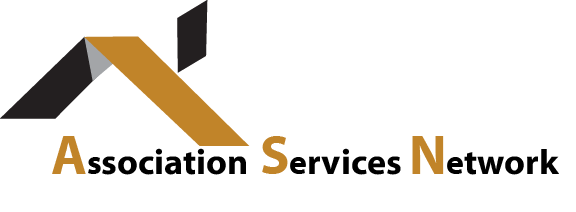FAQ | Worker's Compensation Waiver of Subrogation
What is a Worker's Compensation Waiver of Subrogation (WOS)?
A Waiver of Subrogation is a special type endorsement on a worker's compensation policy that prohibits the insurer (aka policy issuer) from attempting to seek restitution from a third party (in this case the Property Management Company and/or the Homeowner's Association).
This type of arrangement is allowable under circumstances where the insured (your company – aka “the vendor”) could be held liable for a claim that is paid.
What does subrogate mean?
To place blame on someone else.
What does waiving subrogation mean?
To not be able to place blame on someone else.
Why is there a charge for a Waiver of Subrogation?
Premium charges for Waivers of Subrogation are standard in the insurance industry. The right of subrogation is the process where an insurance company, after paying a claim to its insured, can recover that payment from any party who caused the loss or is legally liable for the loss.
When a policyholder (your company aka “The Vendor”) elects to waive the right of subrogation as a part of their insurance coverage, your insurance company is then limited or prohibited altogether from recovering the money it has paid on a claim – even though the loss was caused by a negligent third party. So, charging for the Waiver of Subrogation helps offset the cost of the money paid on a claim that otherwise your insurance company would try to recover from a negligent third party.
Why do I need a Waiver of Subrogation?
There isn't another area in which subrogation and waivers of subrogation play a more important role than in Workers' Compensation Insurance. Since workers' compensation coverage is mandatory in most states, the opportunities for subrogation in connection with a huge number of claims exists. Moreover, because employers and their workers' compensation carriers are strictly liable for statutory benefits to their employees, benefits are paid in connection with every legitimate occupational injury, where the injury is of a large enough magnitude, the level of benefits increases and, under all states' laws, a carrier which has paid out statutory benefits is subrogated to the rights of the employee against a third party which may have caused or contributed to the injury.
More and more Management Companies are requiring a Waiver of Subrogation
as an added layer of protection and transferring the risk away from them and their clients, the Homeowner’s Associations.
